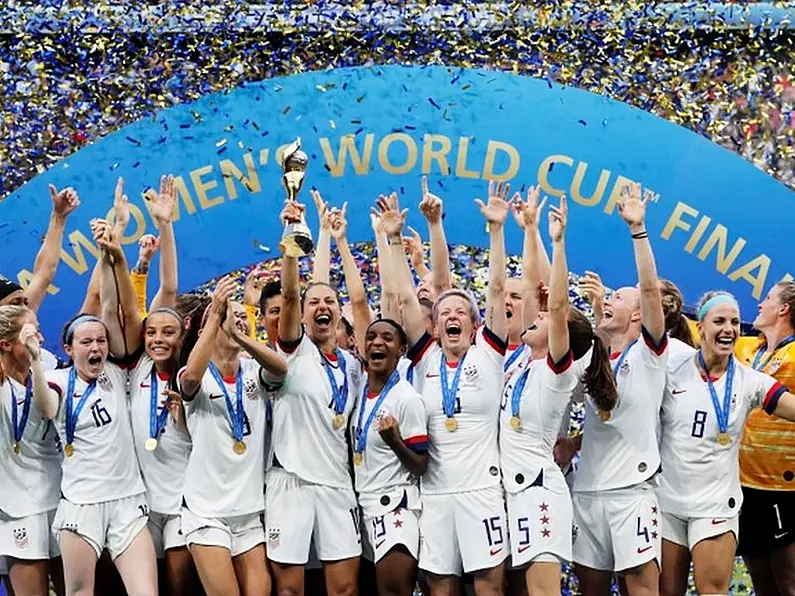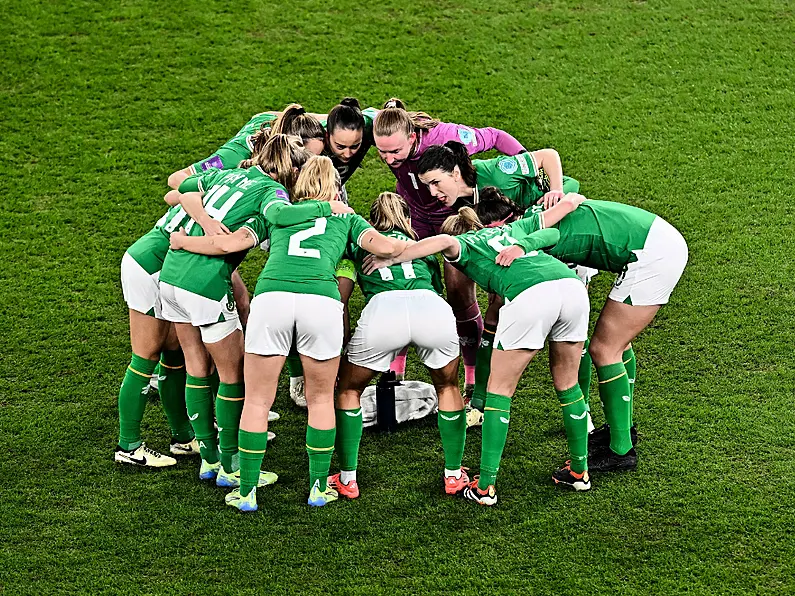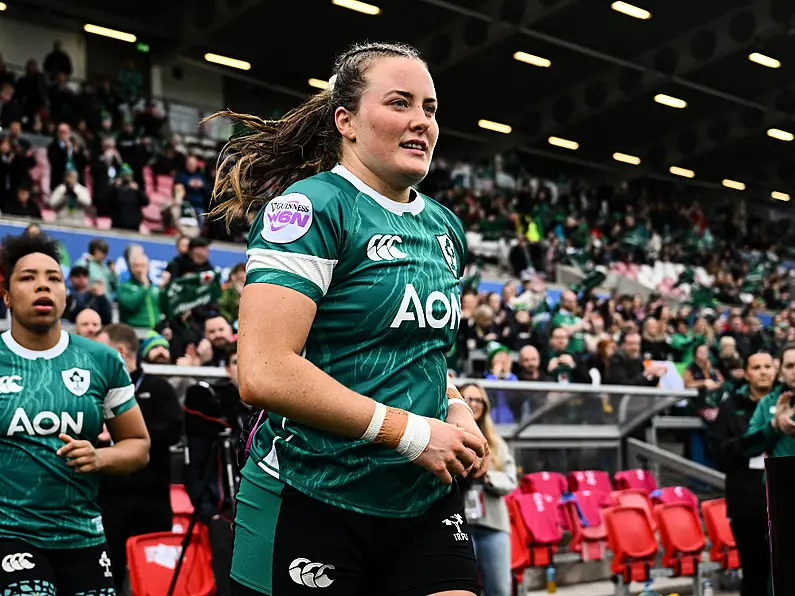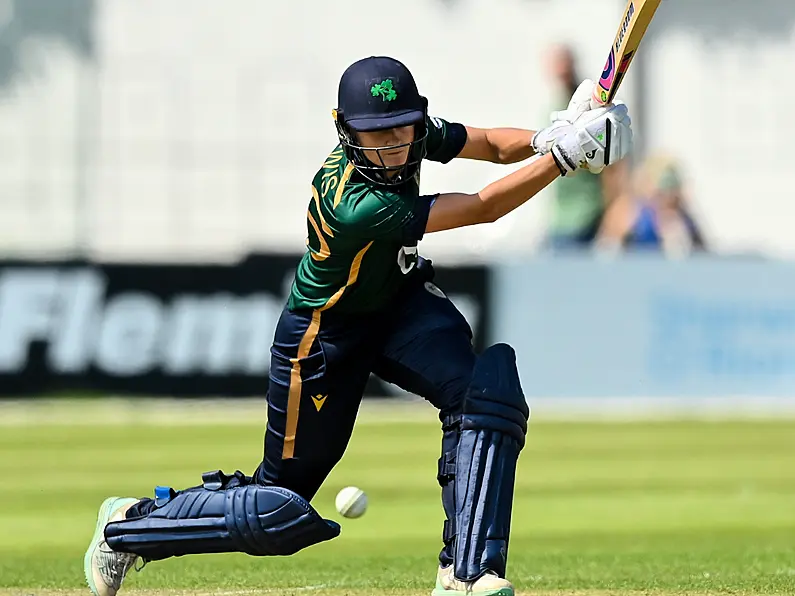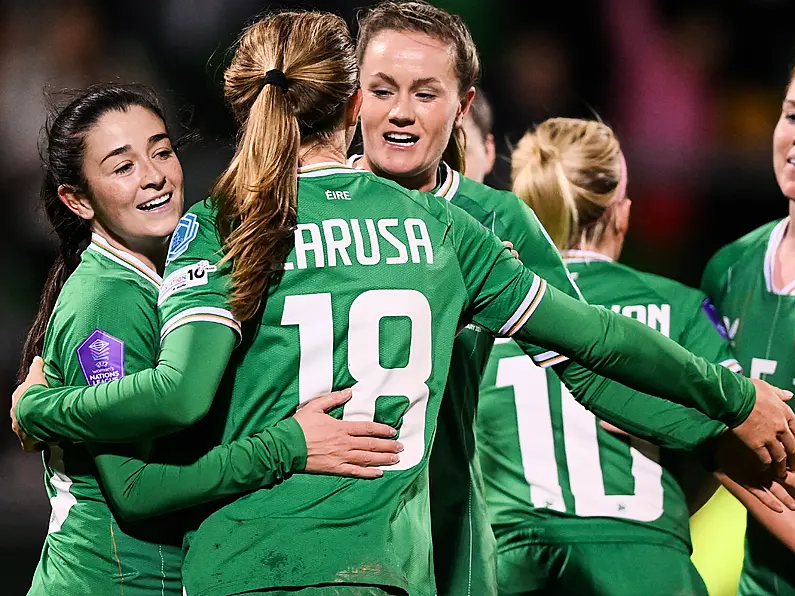The United States Women's National Team has already earned $6.5 million from the men's progression to the knockout stages of the 2022 Fifa World Cup– more than their total earnings for their own first-place finishes in both the 2014 and 2019 Women's World Cups.
This is one of the first major consequences of the equal pay Collective Bargaining Agreements agreed to in May 2022 by the unions for the American men's and women's teams and the U.S. Soccer Federation; all World Cup bonuses are now split equally between both teams, after the USSF's dues are paid.
Thus the American women's earnings from this World Cup actually represent a very real step toward progress— but they also serve to highlight the huge discrepancy between Fifa's investments in the men's and women's games, because they force recognition of the fact that the highest-ranked women's team in the world earned less for two tournament wins— $6 million— than the same country's men's team did merely for getting to the knockout stages of the current World Cup. Indeed, if it weren't for the new CBAs giving an equal share to the women, the men would already have won $13 million— more than twice the women's total earnings for their last two World Cup victories.
The USWNT earned only $2 million for their win in 2015, and $4 million in 2019. The total prize money for the 2019 Fifa Women's World Cup was $30 million— doubled from the 2015 amount, but ludicrous when compared to the $440 million which will be awarded for this year's men's World Cup.
Fifa has also increased the men's money much faster than the women's in recent years: there was a $40 million increase for the men from 2018 to now, and only a $15 million jump for the women's prize money from 2015 to 2019.
Many hope that the US agreements, ratified in May 2022, will influence Fifa to equalize the prize money (or at least reduce the current level of inequality).
The CBAs, which made the USSF the first federation to split World Cup bonuses equally, were also historic in other ways. Men and women will now receive equal per-game bonuses: $18,000 for a win, $12,000 for a draw, and $8,000 for a loss if playing a team ranked in the top 25 by Fifa, and $13,000 for a win, $10,000 for a draw, and $8,000 for a loss when playing any other team.
Commercial revenue (sponsorships, media rights, etc.) will also be equally split: the unions will receive 10% of commercial revenue between $55 and $75 million and 15% or any revenue above $75 million). This is an especially important development, as it's where most of US Soccer's revenue comes from, and the men's and women's teams' assets are sold as a bundle, so it's impossible to determine how much is really due to each team; the previous unequal split was based on the unproven assumption that the men had contributed more.
Teams will also receive the same amount of money per ticket sold (only for their own games, but this is unlikely to disadvantage the women, who have often outsold the men in recent years). Equality has also been promised in venues and playing fields, and accommodations at games and training camps.
The agreements follow on the heels of a six-year lawsuit. The female players filed a complaint with the Equal Employment Opportunity Commission in 2016, which was followed by a contentious class-action lawsuit, ending in a settlement in favor of the team and the guarantee of equal pay in the then-in-progress agreements with the unions.
The lawsuit also resulted in the resignation of USSF president Carlos Cordeiro after some of the USSF's legal filings— which argued essentially that there was no gender discrimination because the women's jobs were not as difficult as the men's— became public, provoking widespread outrage.
One filing stated that the women "do not perform equal work requiring equal skill [and] effort" as "the overall soccer-playing ability required to compete at the senior men's national team level is materially influenced by the level of certain physical attributes such as speed and strength."
Cordeiro was replaced by Cindy Parlow Cone, a former WNT player herself, who made settling the lawsuit and guaranteeing equal pay in the new CBAs a priority.
The USMNT plays the Netherlands on Dec. 3rd in its last-16 match; if they win, their prize money will continue to increase, as will the share going to the women, who can now cheer on their brother team with the knowledge that— at least in the US— they're being paid as equals at last.
